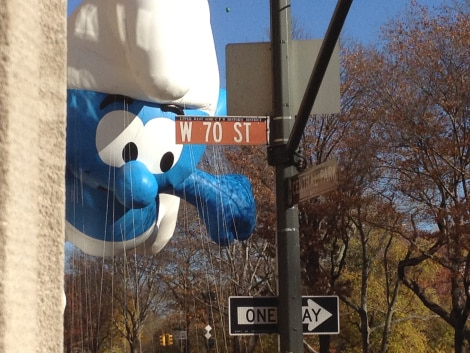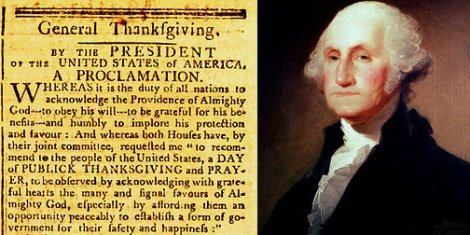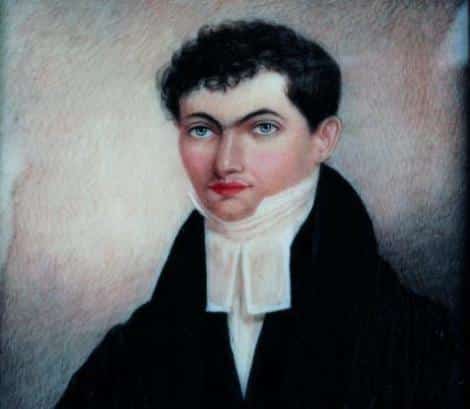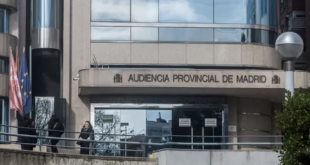Jews (understandably) don’t typically consider civil holidays as Jewish holidays. While some might celebrate them, others don’t even do that. With regard to the American holiday of Thanksgiving, a minority even question the halakhic permissibility of eating turkey, the quintessential holiday dish, as it is not listed in the Torah as one of the permissible fowl. (And how can a Jew watch American football, played with a ‘pigskin’!?)

Those detractors would therefore find it quite surprising to know that at Congregation Shearith Israel, the Spanish & Portuguese synagogue of New York, Thanksgiving is celebrated with the festival prayer halel! While the blessing isn’t recited, many of the psalms from it are sung. In fact, they’ve been doing so since the first national Thanksgiving was declared by George Washington in 1789.

The popular image of Thanksgiving is of Native people and Pilgrims sharing a meal of peace in the early 1600s. However, when President Washington declared it, he was doing so in response to the victory of the American Revolution and the establishment of the American Constitution. He asked that all Americans make it a day of thanksgiving and to give thanks to God. While Christians went to their churches, the Jews of New York went to their synagogue, Shearith Israel. Indeed, these early American Jews had actively participated in the revolution and surely celebrated its success and the civil equality they now enjoyed in their newly constituted country. The idea of ‘hoda’ah‘ or thanksgiving has always been a Jewish notion, making this holiday a natural fit for those early American Jews.

Gershom Mendes Seixes, minister of Shearith Israel, spoke at that first Thanksgiving service. He contrasted how Jews saw themselves as both ‘chosen’ and therefore apart, but also as part of America as equal citizens. He argued that as a chosen people Jews had an even greater obligation to conduct themselves as model citizens and to support the state. Indeed, this model has typified the Spanish Portuguese Jews throughout the ages, from their time back in Spain until the present day.
Source: Shalom Say Hello, A blog of Jewish and (Western) Sephardic Interest by Rabbi Shalom Morris (Thank you R.P.)
 eSefarad Noticias del Mundo Sefaradi
eSefarad Noticias del Mundo Sefaradi

